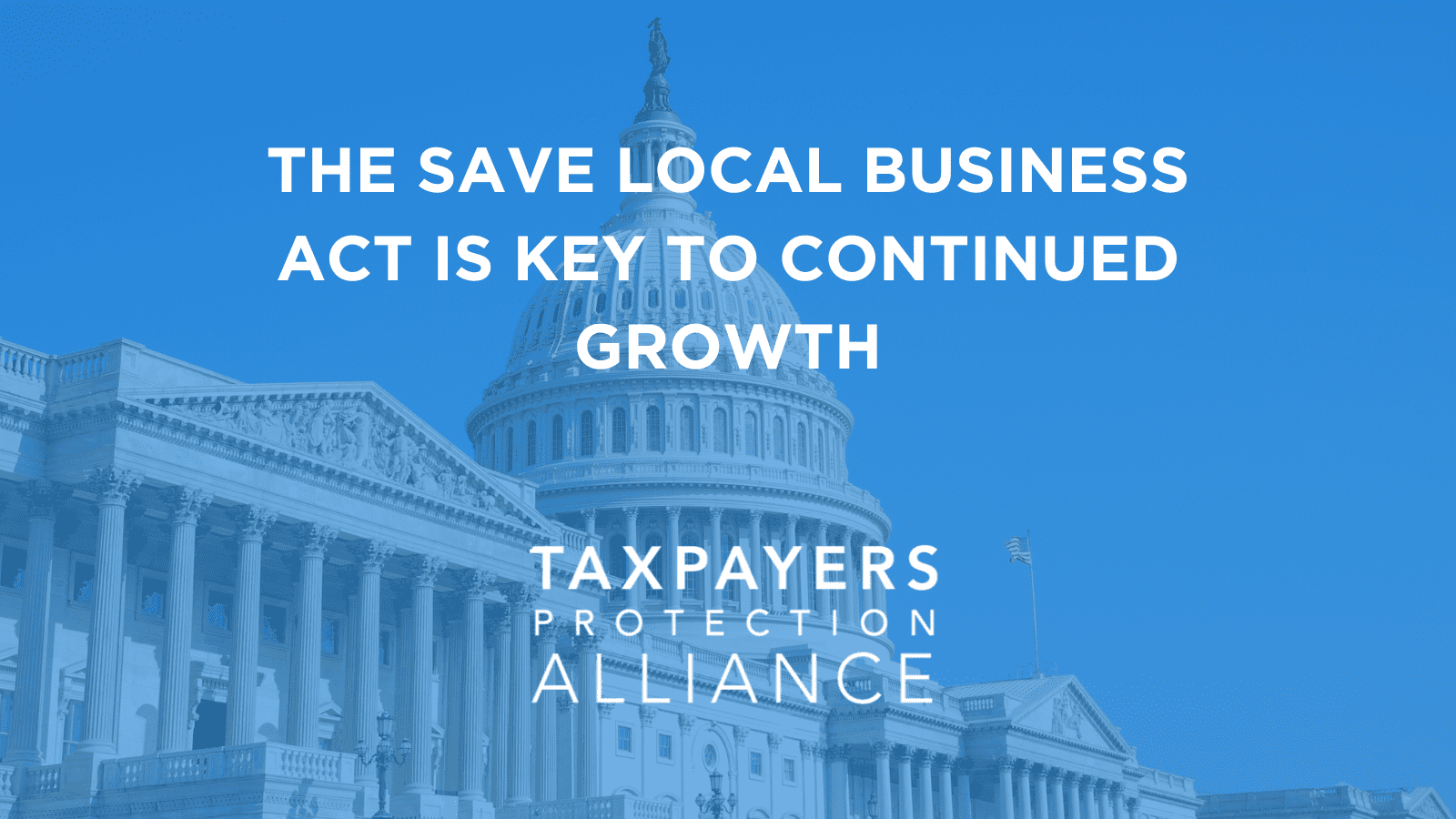
The Save Local Business Act is Key to Continued Growth
Ross Marchand
July 21, 2025
Across the country, franchises such as McDonald’s, United Parcel Service, Anytime Fitness, and Supercuts are hiring and promoting millions of workers. This franchise-driven growth is a key reason why unemployment has continued to remain low (at 4.1 percent) and private sector earnings growth remains strong. According to the Bureau of Labor Statistics, small businesses account for the majority (55 percent) of the net number of new jobs created. And, if newly proposed legislation becomes law, franchisees—small businesses that hold rights to use much larger companies’ brands—will have the certainty and flexibility they need to continue this historic surge in growth. It’s time for Congress to give small businesses the space they need to expand and deliver for workers and customers.
Recently introduced by Representative James Comer (R-Ky.), H.R. 4366 (the Save Local Business Act) would amend the definition of “employer” under the National Labor Relations Act to specify that an employer can only be considered a “joint employer” under limited circumstances. For example, employers would only be regulated as joint employers if they directly and actually exercise significant control over essential aspects of employment and control the hiring and firing of employees. This is a significant change because, under the Biden administration, franchises with even “indirect” control over franchisees were subject to onerous regulations. In contrast, Rep. Comer’s legislation would allow large and successful businesses to allow small businesses to use their names and products without being liable for employees they do not employ or directly supervise.
Thanks to these pivotal reforms, franchisees will have the freedom and responsibility to experiment with things like digitization and incentivizing outstanding work without having to constantly answer to corporate for everything.
This is a rewarding arrangement for all parties involved. On average, franchisees retain roughly 94 percent of their business revenue (with the rest going to the franchisor). These significant revenue gains accrue to some of the smallest businesses operating in the economy. Data from market research firm and consultancy FRANdata shows that more than 80 percent of franchisees are the owners and operators of just one location. Yet, these small locations generate considerable employment growth.
Under the incentive structure created by the franchise model, franchise-related employment gains far outpace job gains in more conventionally organized businesses. But these gains should not be taken for granted. One analysis by the American Action Forum found that federal tampering with the franchise model (e.g., replacement with a more top-down structure) would lead to 1.7 million fewer jobs across the private sector.
Rep. Comer’s bill would ensure that any such tampering comes to an end. Lawmakers should allow small businesses to continue fueling growth and supporting their workers and customers. The Save Local Business Act is key to continued franchise-driven prosperity.
